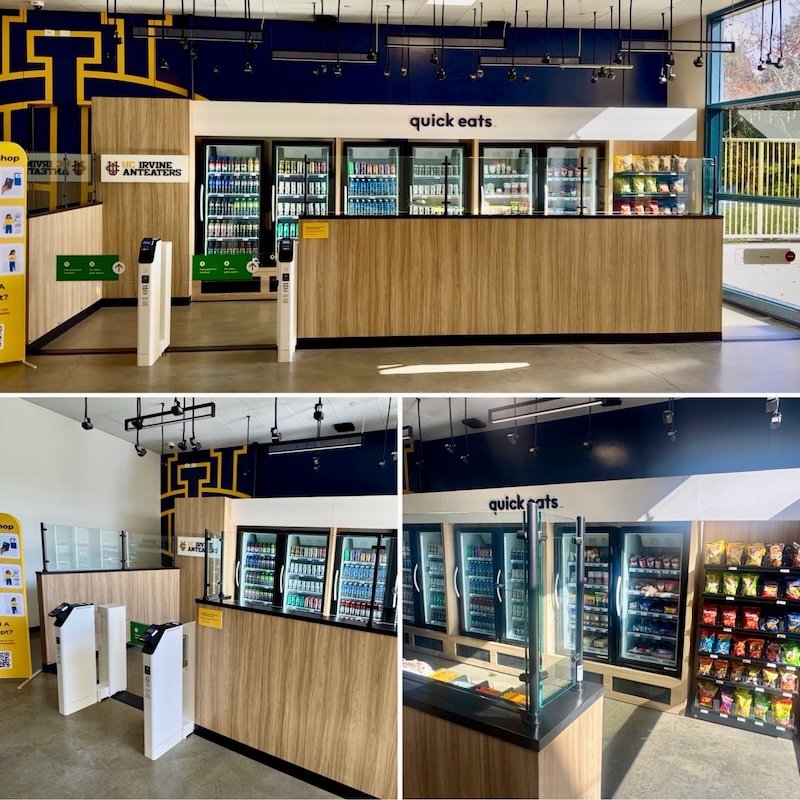How Chinese retail apps like Temu and AliExpress are winning over the UK market
Both Temu and AliExpress are most widely known for their low prices, when comparing products to UK retailers. However, the sites have sometimes faced criticism for output of low quality items and the difficulty of accessing customer service lines.
Still, these sites have now cemented their places in the retail space for UK customers. While price is certainly a factor, the platforms have also taken steps to offer more than a standard find, click, and buy journey. Predominantly through carefully crafted apps, the sites have placed an emphasis on incorporating methods of customer engagement through their sites.

Mobile Perfection for Convenient Gaming
Mobile apps are clearly vital for the UK’s retail sector, with around seven in ten online shoppers accessing their favourite brands through dedicated mobile apps and online sales overall making up around 25 percent of total retail sales. The key selling point of mobile shopping apps are their convenience, meaning they can be quickly accessed from anywhere.
Throw in the intuitive controls, personalization options like saved lists and held baskets, as well as the speed at which purchases can be made, and it’s easy to see why apps are so beloved by customers. Temu and AliExpress boast apps that utilize these features, as well as gamification elements.
AliExpress’ play-to-earn features offer reasons for customers to keep circling back to the app even when they don’t immediately want to buy something. This increases the chances of impulsive purchases. There are many games that allow for micro-earnings for discounts to be made, like the wheel, pinball, tile-matching, and puzzle game.
For Temu, regular promotions are a key part of the mobile app, including an ever-present timer or countdown shown alongside promos and offers. It’s a simple but very effective way of enhancing the draw of a sale or other promotional campaigns.
Gamification Methods to Allow Competition
Naturally, native UK retail brands could mimic the Temu and AliExpress approach and incorporate similar mini-games to meet the Chinese apps at their level. Alternatively, they could look to innovate in the retail space with new forms of gamification.
Other industries in the UK have similarly made efforts to increase gamification, including the entertainment industry. One corner of popular British entertainment that’s long leaned into enhancing its offering through gamification are online casino websites. Across hundreds of games, online casino sites, such as the Hippodrome's casino online, offer gamified promotions to make playing the most popular slots and tables more than just the winning within those games.
Examples of this include Daily Tournaments across hit slots, Mega Tournaments for Lucky 6 Roulette Madness, and Random Cash Drops on select games. The gamification created by The Daily Tournaments is of particular interest here, with 10,000 prizes given out each day from a rankings table that sees all users race to better prizes.
Tournaments that are based on spending or the results of a separate mini-game, as well as on-app activity, could be a way to encourage further engagement in the retail sector. Other methods include Nectar’s old Search Bar feature that gifted a point for every few searches, or the Swipe It, Shop It game from Sephora.
The key to the success of Temu and AliExpress in UK retail has been their ability to gamify the rewards systems on their apps. Luckily, this is not just an aspect that can be replicated by others, but it can also be built upon with more innovative promotions being created all the time.






























Continue reading…